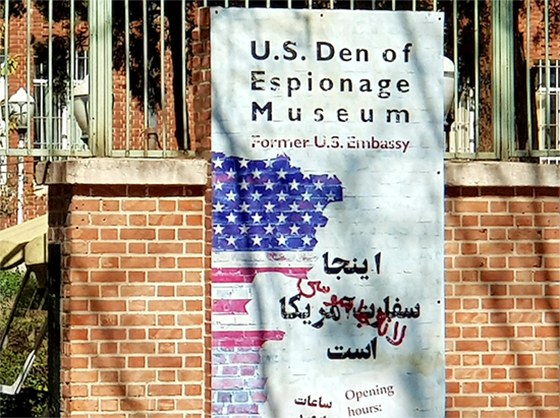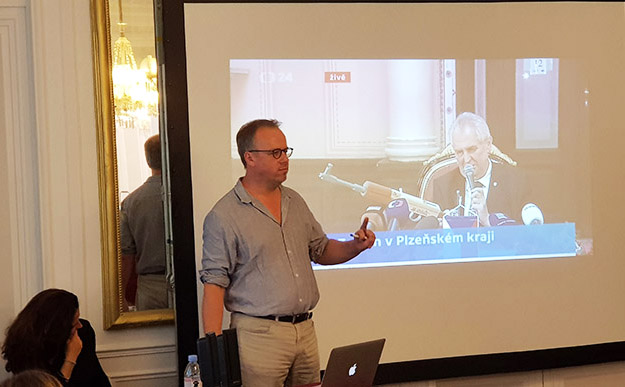PAPUA New Guinea’s Police Minister Bryan Kramer has published an extraordinary attack on two leading journalists over their reporting of the Covid-19 coronavirus pandemic, accusing them of “misrepresenting” a financial update this week and suggesting they ought to be sacked.
He claimed in an Easter weekend posting on his Kramer Report – a Facebook publication dedicated to being the “inside story through in-depth investigative reporting and critical analysis” with more than 127,000 followers – that Loop PNG political and business editor Freddy Mou and senior PNG Post-Courier journalist Gorethy Kenneth “can’t be trusted”.
“Both journalists have close ties to the former Prime Minister Peter O’Neill. Both have also been accused of publishing biased and misleading reports,” Kramer alleged.
The commentary was headlined: “Who got it wrong? PNG Loop or the Treasurer?”
READ MORE: RSF criticises minister's sacking call
Kramer accused Mou of misrepresenting a one-on-one interview with Treasurer Ian Ling-Stuckey in alleging that the bulk of the 23 million kina (almost NZ$11 million) released by the government for Covid-19 operations was being used to hire cars and media consultants.









































